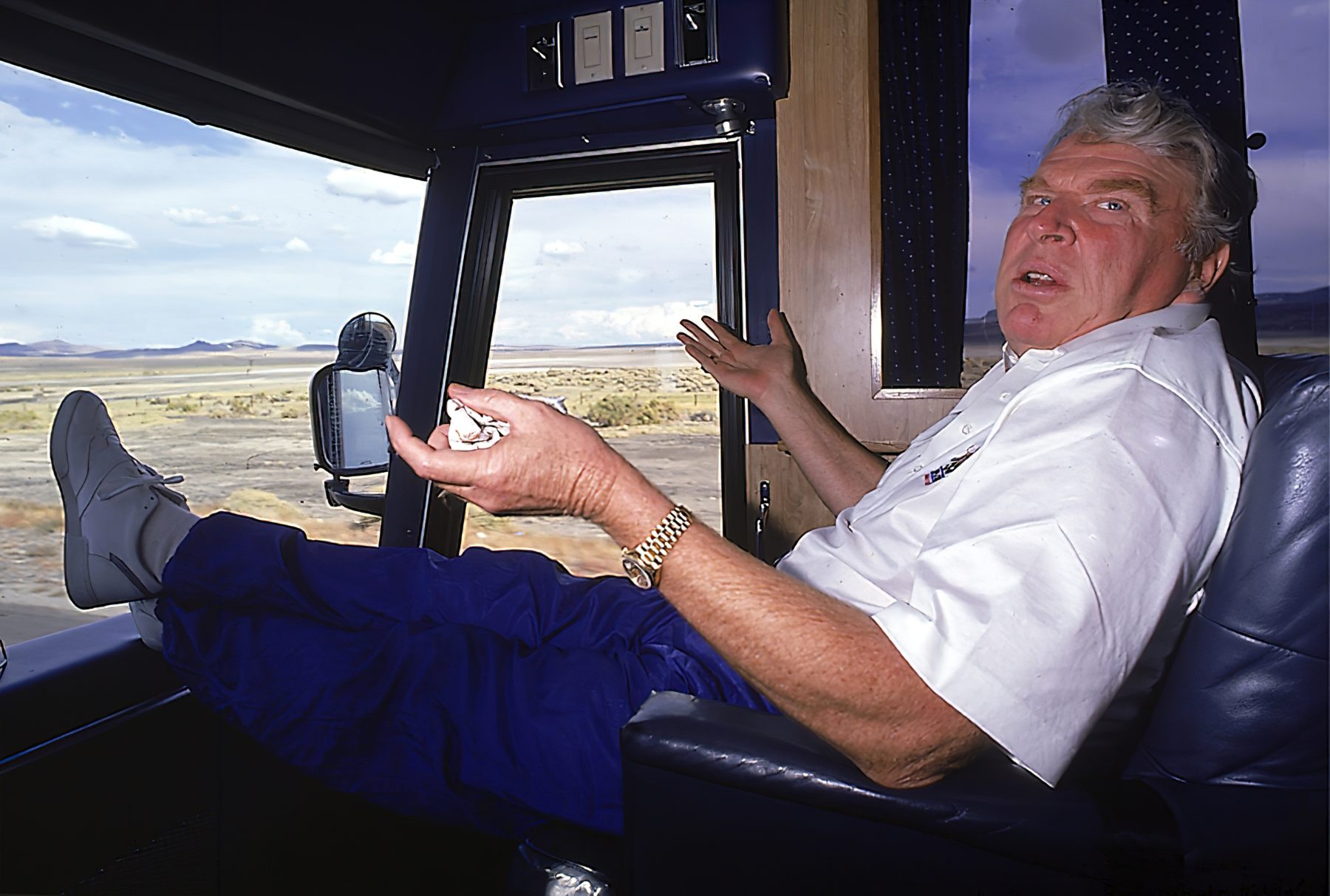United Tests Bundling Flights With Meeting Space for Remote Workers in Subscription Model

Skift Take
Airlines that depend on business travel for profitability may need to entertain the idea that the world has changed for years to come, rather than hold out in hopes of a speedy return to normal. United Airlines, at least, is trying an experiment premised on the notion that a slice of businesses will maintain a larger remote workforce than they ever have before.
United said Tuesday it had cut a deal with Peerspace, an aggregator of meeting and event spaces, to offer packages that bundle flights with meeting space rentals and related services for businesses wanting to gather employees outside of offices.
Here's how the "Team Together" packages work: A company can sign up for an annual subscription that includes travel from United and meeting space from Peerspace. A company wanting to gather distributed workers can use Peerspace's concierge and United's agents to book quarterly meetings and arrange for the travel for employees for a bundled price.
"We were hearing from our partners that had moved remote that it's hard to develop company culture, have smooth onboarding of new employees, do brainstorming, and other benefits of gathering together," said Janet Lamkin, senior vice president at United. "We wanted a solution to help companies be both distributed and effective."
United will start by having its sales teams that work with travel management companies talk about this offering. Interested companies can contact Peerspace for details, too.
"The package is customized based on what is needed with a price to match," Lamkin said. "Maybe a company wants X amount of roundtrips in Y class, and they want five passes to a United Club lounge, and on the meeting side it wants three gatherings at venues where they can social distance and with food."
Packages are built on an annual subscription amount, billed quarterly. A sample package at $5,000 a month and includes four company meetings, eight company social events, 18 small team meetings, 24 private workspaces, 60 roundtrips domestic United flights, 24 United Club passes, 24 United Economy Plus upgrades, and four United Club lounge memberships.
"We expect this to be popular at companies that don't have knowledgable travel planners but now need to plan frequent gatherings," Lamkin said. "Rather than have to make calls to a caterer, a bunch of meeting spaces, a transportation provider, and airlines, they can make a call to their Peerspace concierge. It's kind of like a one-stop-shop."
Peerspace aggregates meeting space in a model similar to Airbnb. That makes it stand apart from some providers like Breather and Convene that lease and manage their spaces.
San Francisco-based Peerspace has raised $37 million in venture capital since its founding in 2014. But even the startup is considered giving up its lease and becoming a distributed company.
The company last year expanded to 30 metro areas in the U.S., up from 10 in 2018. That expansion has given it access to 20,000 spaces, most of which overlap with United's key markets.
"We surveyed our customers and 70 percent said they wanted to meet with their full team once a month to be effective," said Eric Shoup, CEO at Peerspace. "So we built this product to offer 'burst capacity' for businesses of all sizes."
Broader Trend in Travel Tools for Distributed Teams
The United and Peerspace tie-in comes at a time of industry ferment. On Monday, co-working provider Industrious partnered with Proper Hospitality to bring the "work-from-hotel" concept to its properties.
Meanwhile, hotel startup Selina said Monday it had acquired the brand and customer base of Remote Year, a program to let digital nomads hop from country to country every month.
CWT, the corporate travel giant, launched on Tuesday CWTEasyMeetings, an online portal that gives meeting organizers access to more than 250,000 meeting rooms in hotels and other venues worldwide via a partnership with MeetingPackage.
The airline industry expects a lengthy downturn, and United is one of several airlines looking for ways to adapt to a protracted drop in high-margin corporate travel.
"Even some of our large corporate partners may continue to have remote workers in satellite offices even if they return to their headquarters soon and they also need help with maintaining culture, connectivity, and productivity with their workforces,"
Lamkin said. "We see companies of a variety of sizes having to rethink business travel for years to come."
For more context on the event space, see Wynn Resorts Bets on Testing For a Faster Return to Events from Skift's sister site EventMB.





